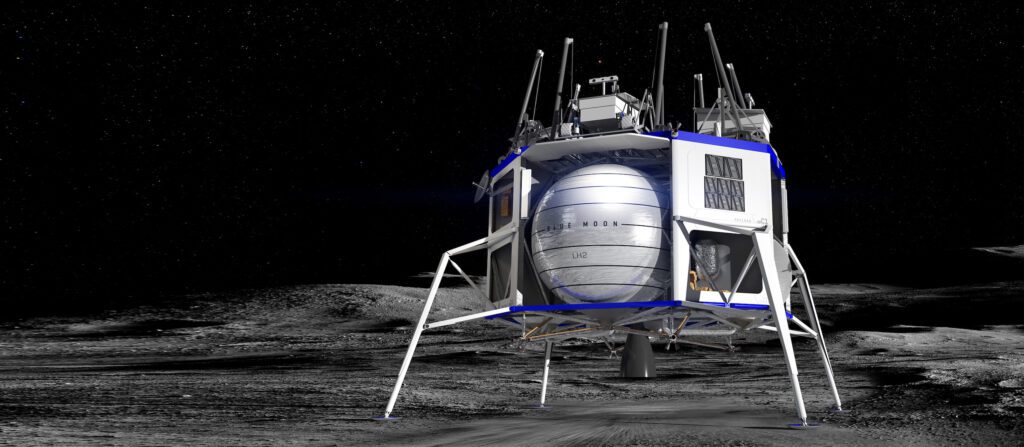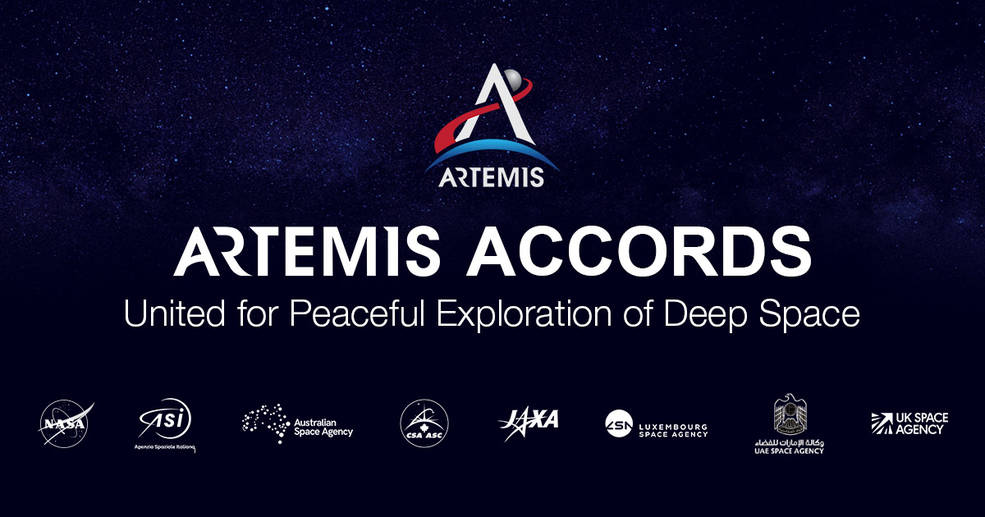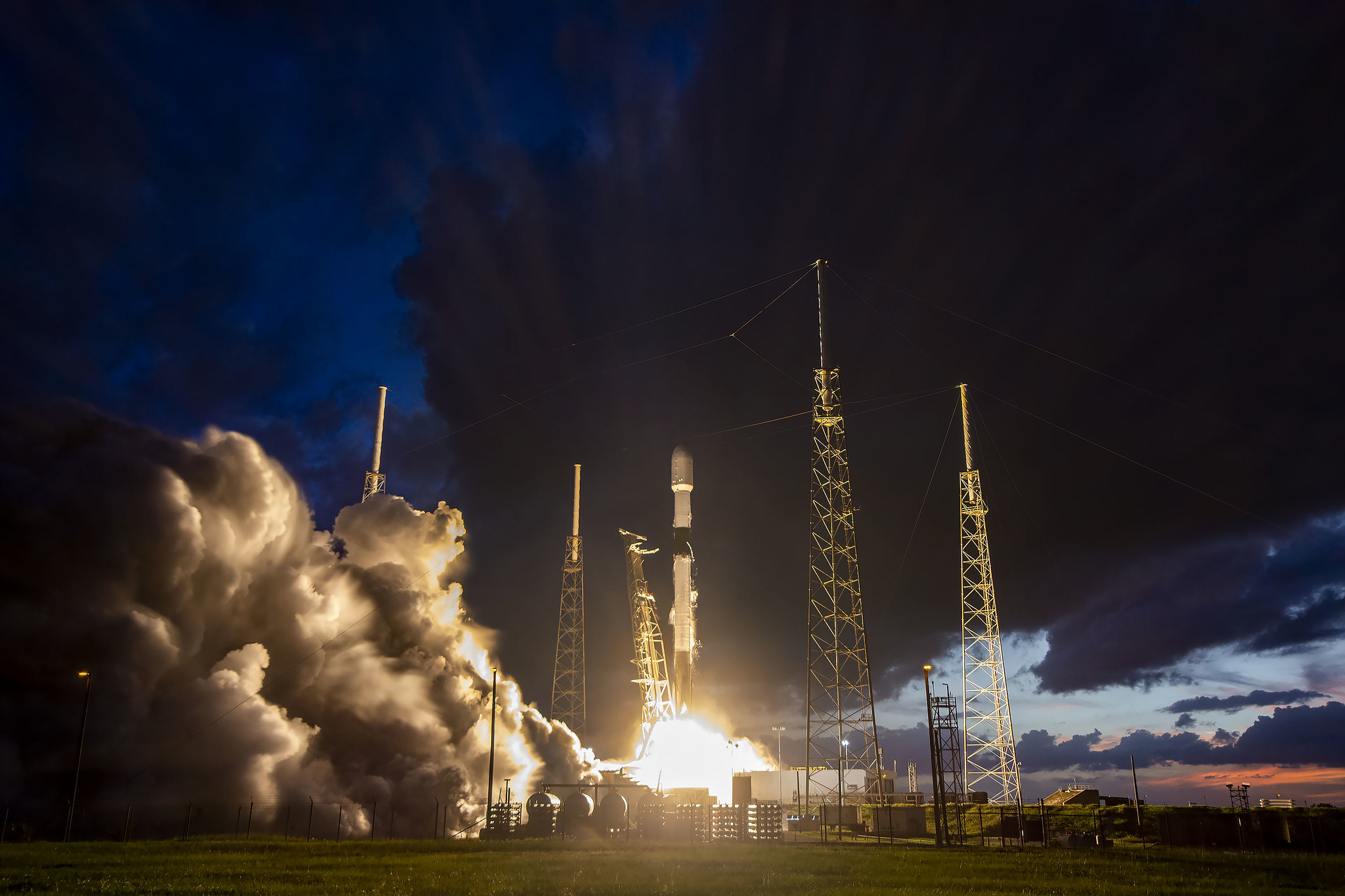
NASA halts SpaceX's work on HLS
Published on Sat, 01.05.2021 – 19:30 CEST in Upstream, covering NASABlue Origin and Dynetics filed a complaint with the U.S. Government Accountability Office (GAO) challenging NASA's decision to contract SpaceX to develop the Human Landing System (HLS). The HLS is a key component of the next planned lunar landing under the Artemis program, which is expected to return humans to the surface of our cosmic companion in 2024. According to information from Reuters, NASA has ordered the California-based company to immediately halt all development work on the HLS. A decision is expected by Aug. 4, 2021, at the latest.
The contract to develop the lunar lander was not awarded to SpaceX until April 16, 2021. Blue Origin, which has already lost out to SpaceX on several occasions in the bidding process, officially filed a 175-page complaint against this decision on April 26. As SpaceNews reported, Blue Origin protested primarily the terms of the award.
"NASA made a flawed selection for the Human Landing System program and changed the targets at the last minute. In NASA's own words, it made a 'high-risk' selection."
Blue Origin
Moreover, by awarding another contract to SpaceX, NASA was strengthening its "monopolistic market position". In the tender, SpaceX prevailed with its proposal for an adapted Starship. If successful, the California-based company will receive a payment of $2.89 billion. For Blue Moon, the Blue Origin concept, NASA would have had to pay $5.99 billion. The dispute over the available funds is ignited not least by the fact that although NASA requested 3.3 billion U.S. dollars in fiscal year 2021, only 850 million were approved. As a result, only one concept was selected, and not two as expected.

Blue Moon (Blue Origin) 
Starship (SpaceX)
Whether this procedure and NASA's decision were legal is now to be determined by the General Accounting Office. As a nonpartisan investigative body, it reports directly to the United States Congress and examines government projects with regard to corruption, efficiency, and mismanagement. In addition, the GAO advises Congress on optimization issues for current and future programs and reviews complaints against award decisions.






















